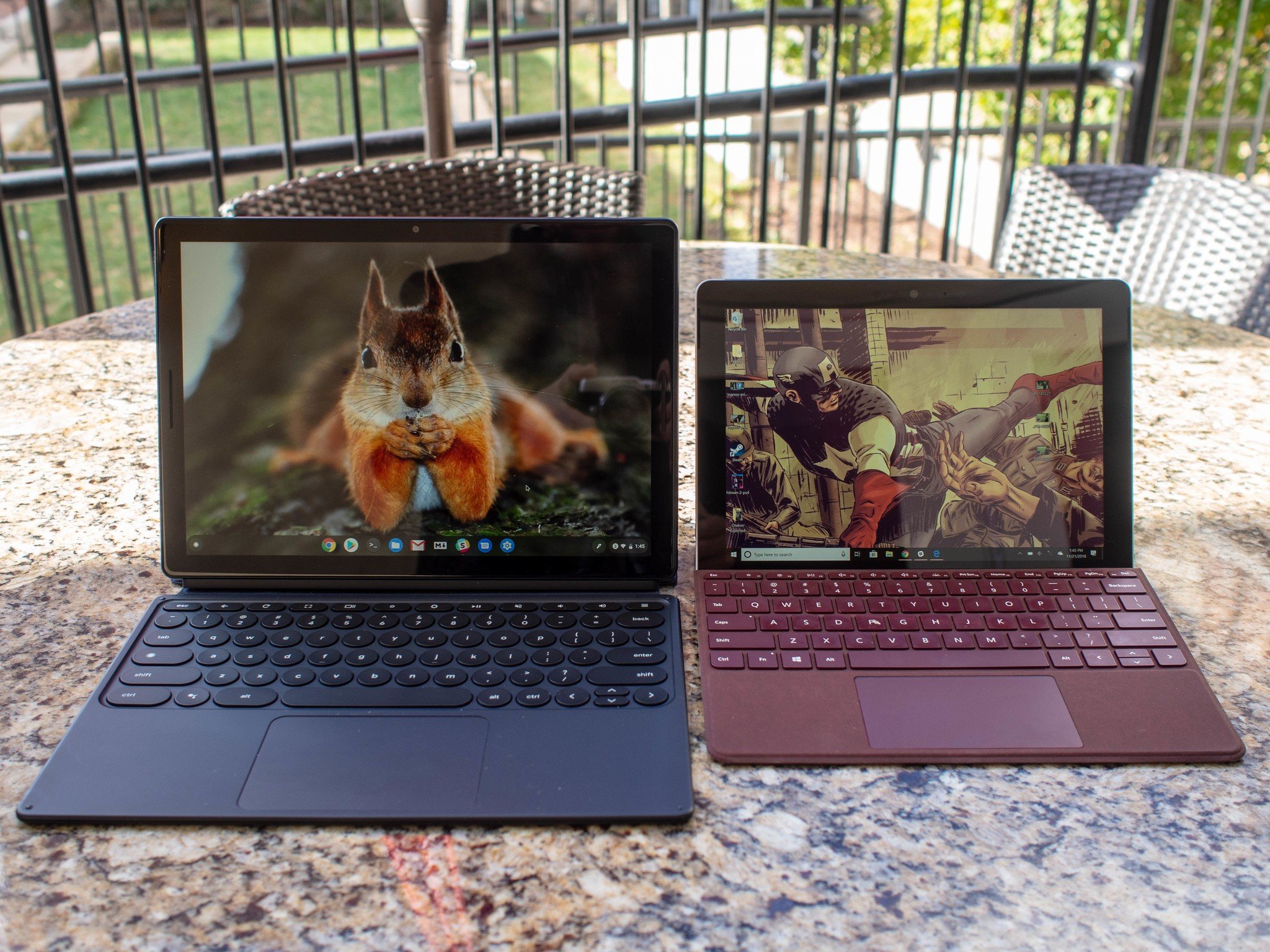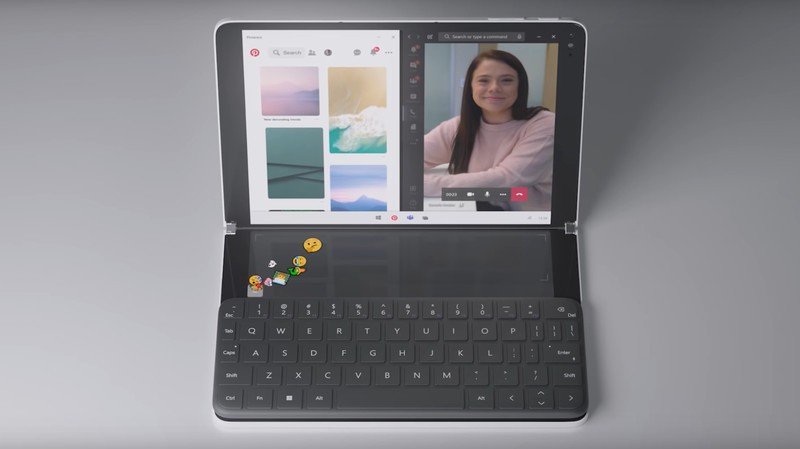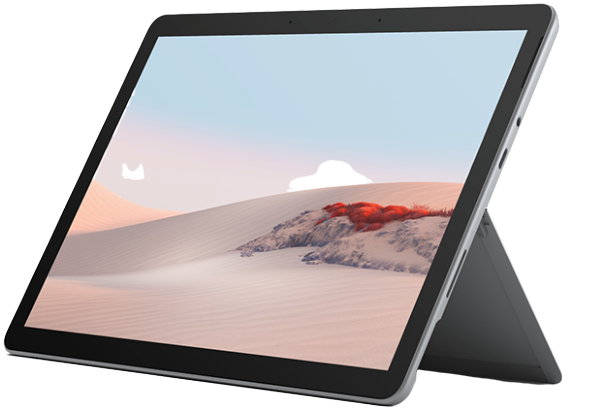Microsoft will lose the fight with Google if it makes Windows 10X more like Chrome OS

Microsoft's Chief Product Officer of Windows and devices Panos Panay had some important things to say recently. Of course, because the world is stuck at home those things were shared via a blog post instead of what would have been something with a little more pizzazz with people at hand, but the message still came through loud and clear: Microsoft is trying (again) to take the fight to Chromebooks.
Third time's the charm.
The gist of it all is that even though Windows RT was bad, Windows 10S was a failure, and while people actually are excited about Windows 10X and dual-display devices, Chromebook sales hurt the bottom line hard enough that everything is being shifted to make the future of Windows more like Chrome OS. Single screen clamshells are now the focus instead of dual-display hardware, and there appears to be a major shift to the cloud to make it all better. Somehow. From Panay's announcement:
The world is a very different place than it was last October when we shared our vision for a new category of dual-screen Windows devices. As we continue to put customers' needs at the forefront, we need to focus on meeting customers where they are now. Our customers are leveraging the power of the cloud more than ever, and we believe the time is right to lean into this acceleration in a different way.With Windows 10X, we designed for flexibility, and that flexibility has enabled us to pivot our focus toward single-screen Windows 10X devices that leverage the power of the cloud to help our customers work, learn and play in new ways. These single-screen devices will be the first expression of Windows 10X that we deliver to our customers, and we will continue to look for the right moment, in conjunction with our OEM partners, to bring dual-screen devices to market.
Panay and his team are right in most ways. With everyone at home, things are very different than they were last October. The cloud has replaced the company server for a lot of things, and people need a simple, affordable, and dependable way to work and play. But that landscape will change again and again, and Microsoft has to learn to be proactive instead of reactive if it wants to find that one big thing that makes everyone want to rush out and buy a Windows laptop again.
More: Folding displays vs. dual screens: Comparing pros and cons for PCs and phones
I think a big reason why people buy Chromebooks is being overlooked here: simple and easy services integration. Schools and businesses aren't buying Chromebooks because of the form factor or even the lower prices — Chromebooks are bought because of how easy everything is to set up and administrate, and how simple they are to use. This is where Microsoft needs to innovate and try to surpass Google: at the services level, not the hardware level.

Windows 10X doesn't look like a failure. It's streamlined and more like a mobile operating system, with a focus on software containers and simplicity. That sounds a lot like a Chromebook, but is that what people in the market for an inexpensive laptop to use are looking for? By doing this Windows isn't playing to its existing strengths — locally operated software that can be plenty powerful on even anemic hardware.
If I want a cloud-computer I already know how well a Chromebook can do the things I want it to do. I also know how well a Windows computer can do what I want it to do. Just like I wouldn't buy a Chromebook to run Adobe Photoshop, I won't be buying a Windows 10X machine to use an online office suite. A new operating system that integrates your cloud as local storage and makes everything just work can be a cool thing, but we already have that in Chrome. Microsoft shifting away from a new form factor to something more mundane doesn't make me want it more than I used to, and I'll bet I'm not alone.
Be an expert in 5 minutes
Get the latest news from Android Central, your trusted companion in the world of Android
Microsoft has been building Windows for a long time and I am going to assume they have plenty of metrics of how people use Windows devices. It just seems that by chasing Chromebooks, the company is ruining its chance to leap ahead in the race.

Jerry is an amateur woodworker and struggling shade tree mechanic. There's nothing he can't take apart, but many things he can't reassemble. You'll find him writing and speaking his loud opinion on Android Central and occasionally on Threads.

